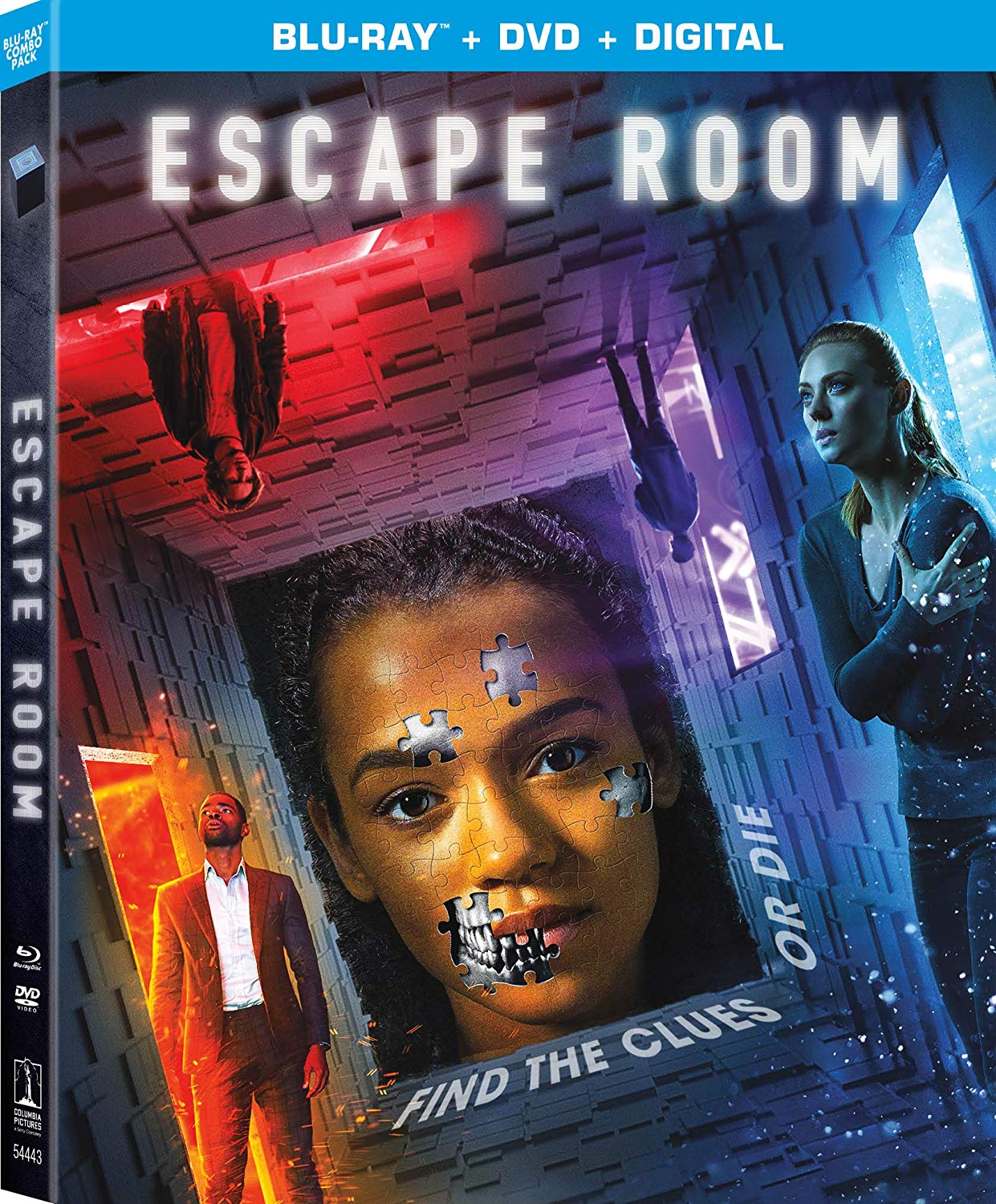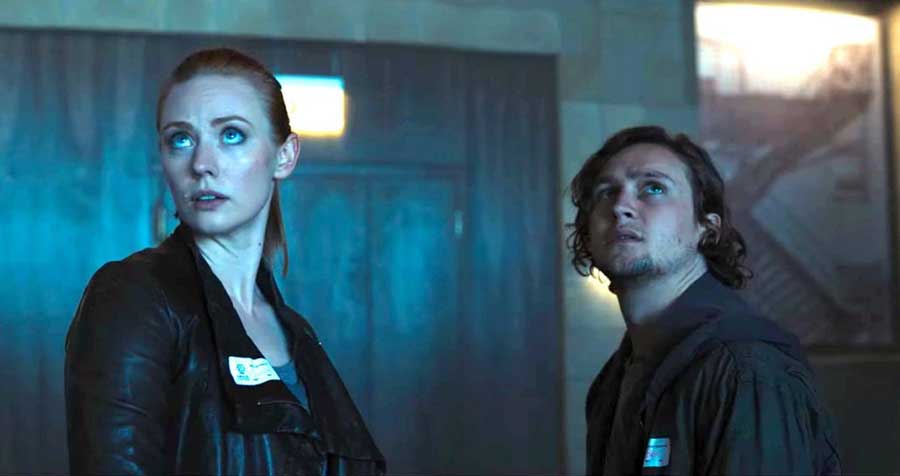
But the script by Bragi Schut and Maria Melnik wields those clichés reasonably well, giving us a six-person ensemble that has just enough distinction and personality that it evokes honest-to-Godinvestment in their plight. They're clichés, and the more we learn about them, the more clichéd they seem. The film also has unexpectedly strong characters, which isn't to say that it has strong characters in some overarching objective sense. (The single most obvious forebear is 1997's marvelous cult film Cube, and it somewhat feels like everything else is just there to distract us from that as much as possible). But Escape Room is, at least, probably better off for it. And I am perfectly happy with explosions of blood: I like them very much in one of Escape Room's most obvious forebears, Final Destination, and it's close to being the only thing of any worth in one of its other most obvious forebears, the Saw franchise.
#Escape room 2019 ending movie
The desire to retain a teen-friendly level of bloodlessness, ordinarily a surefire sign of a horror movie giving up on life, ends up working to its benefit, obliging director Adam Robitel (who has now directed the first movie of the year twice in a row, between this and 2018's Insidious: The Last Key) to focus on ratcheting up tension rather than just relying on explosions of blood to carry the day. There are not, at least, the ones I'd have predicted.



The surprise is that it's almost good, and the reasons it ends up going bad aren't probably the ones you'd predict. The surprise is not that Escape Room, a body count thriller released in January, isn't good.


 0 kommentar(er)
0 kommentar(er)
